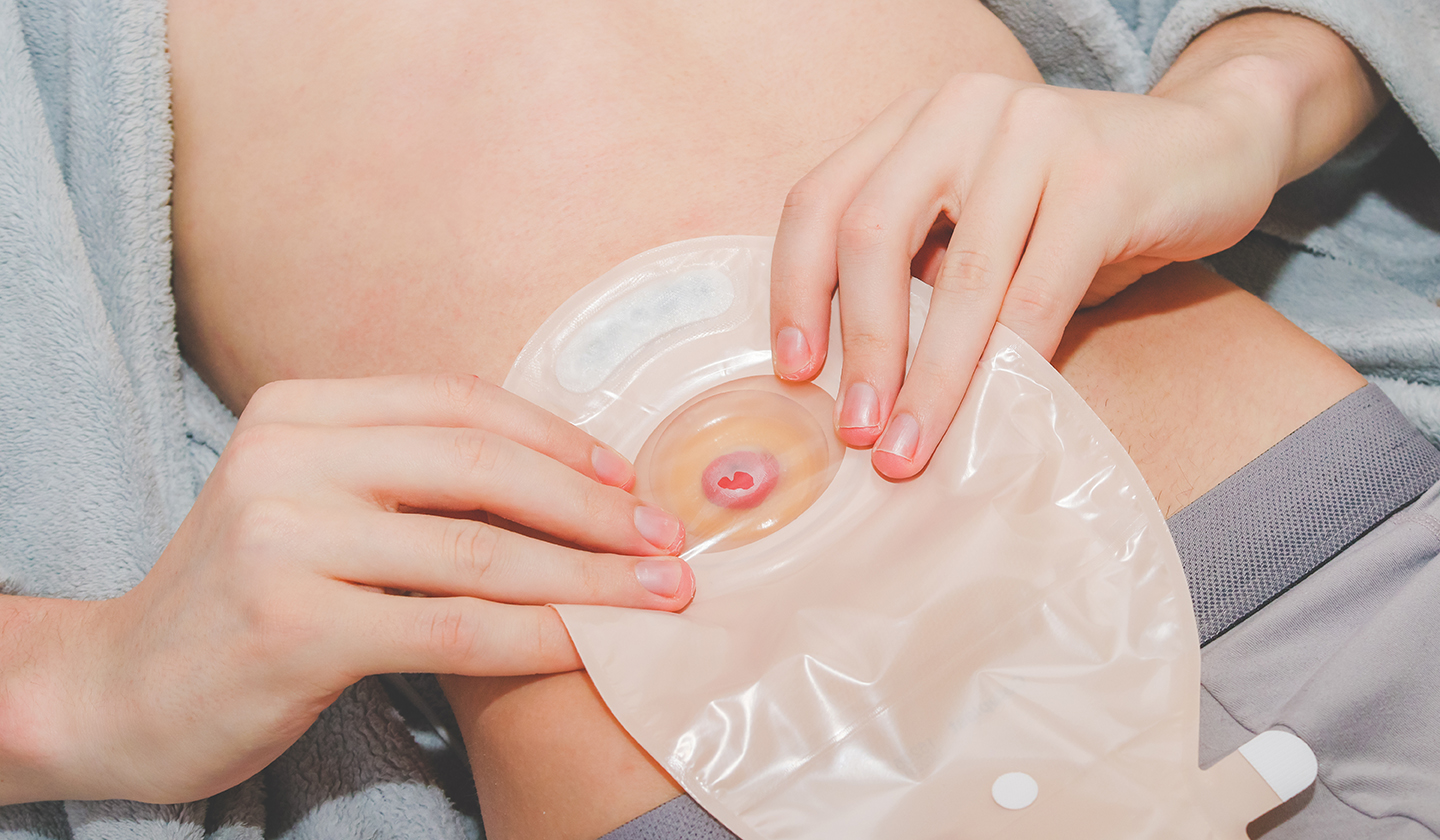Understanding the Recovery Process
The recovery process after stoma surgery involves several stages, including your hospital stay, adapting to your new stoma, and gradually resuming daily activities.
During this time, it’s essential to follow your healthcare team’s advice and be patient with yourself as you learn to manage your stoma.

Managing Pain and Discomfort
It’s normal to experience some pain and discomfort after stoma surgery. Your healthcare team will help manage your pain with appropriate medications and offer guidance on how to alleviate discomfort during your recovery.
Some tips for managing pain and discomfort include:
- Taking prescribed pain medication as directed
- Using a small pillow or cushion to support your abdomen when coughing or moving
- Practicing relaxation techniques, such as deep breathing exercises and meditation
- Informing your healthcare team if your pain is not well-controlled or worsens

Stoma Care and Maintenance
Proper stoma care is essential for preventing complications, maintaining hygiene, and ensuring a comfortable experience.
While you’re in the hospital, a stoma nurse will provide hands-on training in stoma care, including cleaning, changing the pouch, and monitoring for complications.
Some key aspects of stoma care include:
- Gently cleaning the stoma and surrounding skin with a soft cloth or non-alcoholic wet wipe
- Using mild, fragrance-free soap and water if necessary
- Changing the pouch regularly, as recommended by your healthcare provider
- Inspecting the skin around the stoma for signs of irritation or infection
Dietary Adjustments
After stoma surgery, you’ll need to make some dietary adjustments to ensure optimal stoma function and overall health. Your healthcare team and a dietitian will guide you through the process of reintroducing foods and identifying any potential issues.
Check out our Ultimate Guide to Diet With A Stoma for more information.
Resuming Physical Activity and Exercise
Physical activity and exercise are crucial for maintaining your overall health and well-being. After stoma surgery, you’ll need to ease back into your usual activities gradually.

Emotional Well-being and Support
Adjusting to life with a stoma can be emotionally challenging. It’s essential to prioritise your emotional well-being and seek support from friends, family, and professionals.
Some tips for maintaining emotional well-being after stoma surgery include:
- Acknowledging your feelings and allowing yourself time to process the changes in your life
- Communicating openly with friends and family about your experiences and emotions
- Joining support groups, either in-person or online, to connect with others who have undergone stoma surgery and share advice and encouragement
- Seeking professional counselling or therapy if you’re struggling with anxiety, depression, or other emotional challenges related to your stoma

Long-Term Stoma Care and Check-Ups
Regular check-ups with your healthcare team are essential for ensuring your stoma remains healthy and functions optimally. These appointments may involve:
- Assessing the appearance and function of your stoma
- Evaluating the condition of the skin around your stoma
- Adjusting your stoma care routine, if necessary
- Discussing any concerns or difficulties you may be experiencing
Your healthcare team will also provide guidance on any further tests or procedures that may be required to monitor your underlying condition.
Conclusion
Life after stoma surgery involves a period of adaptation and learning as you adjust to your new stoma and develop a care routine that works for you.
By understanding the recovery process, managing pain and discomfort, making dietary adjustments, resuming physical activity, and prioritising emotional well-being, you can successfully navigate this journey.
Engaging with your healthcare team, seeking support from friends, family, and support groups, and staying informed about stoma care will help ensure a smooth transition to a fulfilling life with a stoma.



